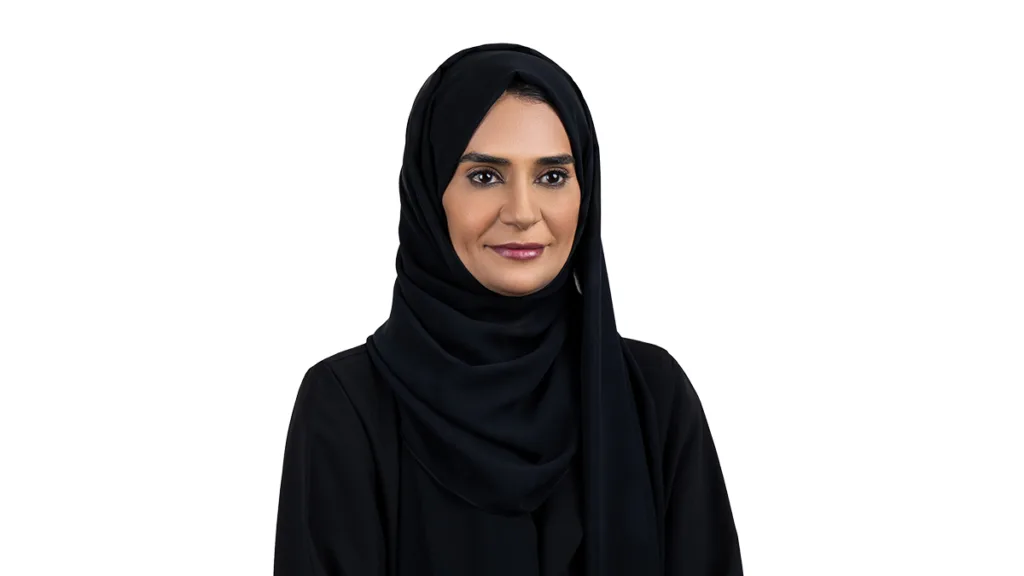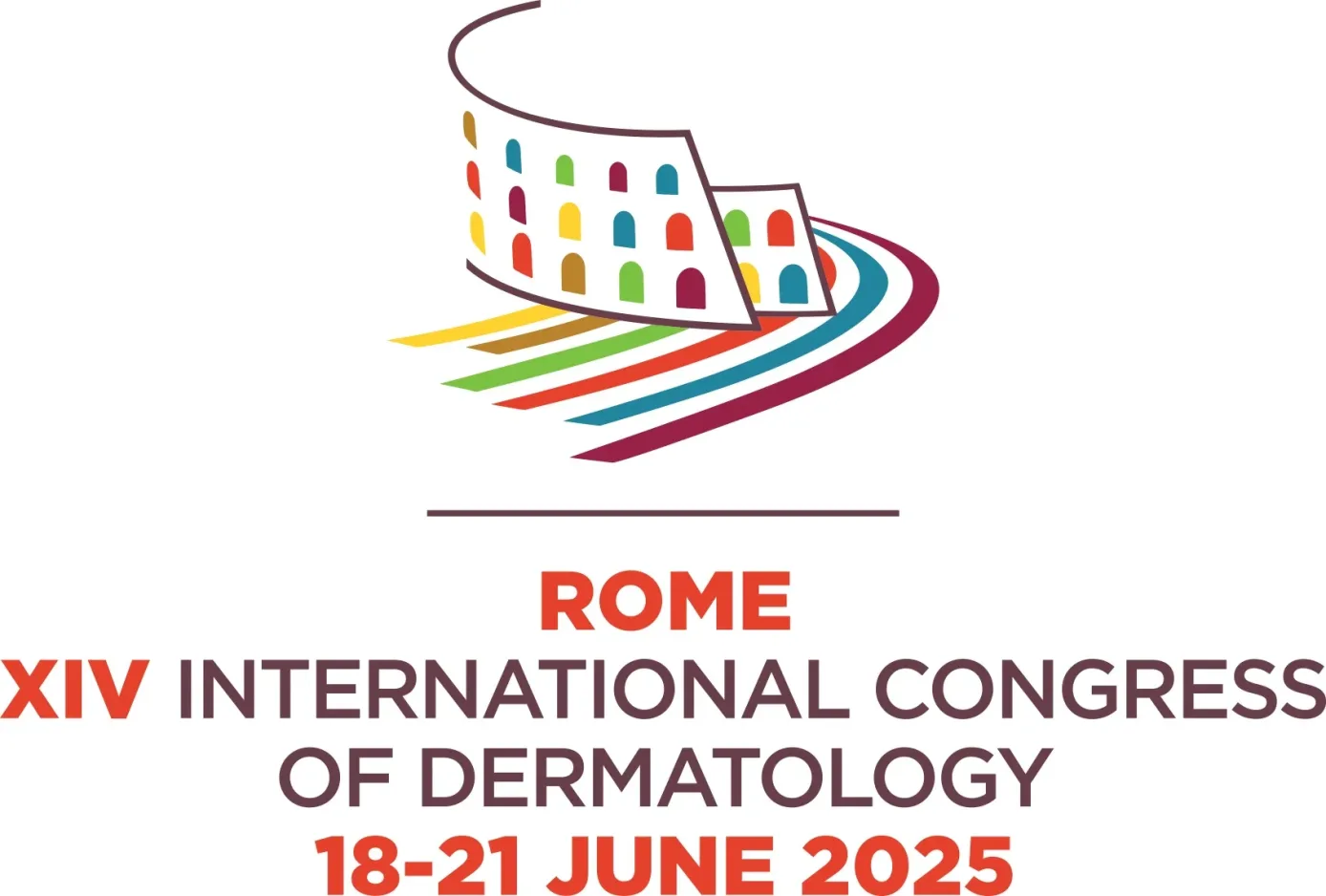Seventy-five percent of deaths globally are attributable to noncommunicable diseases (NCDs), which include diabetes, cancer, chronic respiratory conditions, and cardiovascular disease. Individuals who are impacted by humanitarian emergencies are more likely to develop NCDs. Strokes and heart attacks are thought to be up to three times more common following a disaster.
In the United Arab Emirates, the four primary Non-Communicable Diseases (NCDs) – cancer, cardiovascular diseases, diabetes, and chronic respiratory diseases – collectively account for 55 percent of all deaths. The repercussions of premature death, morbidity, and disability resulting from NCDs extend beyond mere health concerns, exerting a detrimental impact on socioeconomic development and the long-term fiscal sustainability of government and public services. In the context of this topic, MedEdge MEA conducted an interview with Dr. Buthaina Bin Belaila, the Head of the Non-Communicable Disease and Mental Health Department at the Ministry of Health and Prevention (MOHAP).
MedEdge MEA: What are the top three priorities for the Ministry of Health and Prevention in addressing NCDs in the UAE?
Dr. Buthaina Bin Belaila: The Ministry of Health and Prevention in the UAE has identified three primary priorities in addressing Non-Communicable Diseases (NCDs). These include a targeted 33% reduction in premature NCD-related mortality by 2030, a proactive approach to halt the rise of diabetes and obesity through early detection and intervention, and the promotion of physical and mental well-being through risk modification programs.
MedEdge: Numerous initiatives have been implemented by the UAE to combat NCDs. How effective have these efforts been at reducing NCD prevalence, and what additional measures are being considered?
Dr. Buthaina: UAE has been proactive in implanting effective interventions to combat NCD through launching a multi-stakeholder national NCD plan, developing and updating the national NCD and cancer screening guidelines periodically, integrating NCD services in PHC, introducing national NCD and associated risk factors periodic screening program integrating CVD risk assessment services, and launching effective legal frameworks to combat tobacco. All have worked collectively to reduce the prevalence of diabetes and smoking prevalence.
Additional measures are being considered such as National awareness and early detection campaign for prediabetes and CVD, artificial intelligence for NCD risk prediction and specifically for CVD and developing national NCD surveillance monitoring framework.
MedEdge: Cultural and social factors play a crucial role in NCD prevention. What steps does the Ministry take to tailor public health messages for diverse communities?
Dr. Buthaina: MOHAP tailors public health messages to different categories of the community audience such as students, parents, labour, male, females, elderly, workplaces, nationals, and non-nationals. It’s being conducted through planning and development of an action plan, developing and pretesting concepts, messages, and materials, implementing the program, assessing effectiveness, and making refinements.
MedEdge: Collaboration is key to tackling complex public health issues like NCDs. How is the Ministry cultivating partnerships for a cohesive national response?
Dr. Buthaina: The Ministry of Health works in collaboration and alignment with all health and non-health entities to achieve NCD’s global and national goals. MOHAP on the other hand, builds partnerships with the private sector to enhance the healthcare system, prevent NCD diseases and associated risk factors, also maintain community well-being through innovation and research.
MedEdge: What role do you see in artificial intelligence and big data in predicting, preventing, and managing NCDs in the future?
Dr. Buthaina: Artificial intelligence is an essential tool in healthcare today, where it maintains a critical balance between patient care aspects, administrative processes, and pharmaceutical organizations. AI plays a pivotal role at every stage of the healthcare journey, from early diagnosis to personalized treatment plans. By detecting diseases at their early stages, AI not only improves patient outcomes but also reduces the burden of NCD on healthcare systems.

MedEdge: Looking ahead, what are your aspirations for the UAE to become a global leader in NCD prevention and control?
Dr. Buthaina: The visionary and proactive leadership of the UAE has prioritized the prevention and control of Non-Communicable Diseases (NCDs). Since then, the UAE has played a major role as a regional and global leader in healthcare through initiatives in the Public and Preventive Health System aimed at preventing and controlling NCDs. The United Arab Emirates is becoming a role model internationally in combating NCDs.
To sum up, the conversation with Dr. Buthaina Bin Belaila emphasizes the UAE’s staunch determination and innovative approaches to tackling the serious problem of non-communicable diseases (NCDs). The Ministry of Health and Prevention has set clear priorities, including a targeted reduction in premature NCD-related mortality, early detection and intervention for diabetes and obesity, and the promotion of overall well-being through risk modification programs.
As an example of its dedication to raising the socioeconomic standing and general health of its people, the UAE hopes to become a global leader in NCD prevention and control by promoting customized public health messages and cooperative collaborations.

















